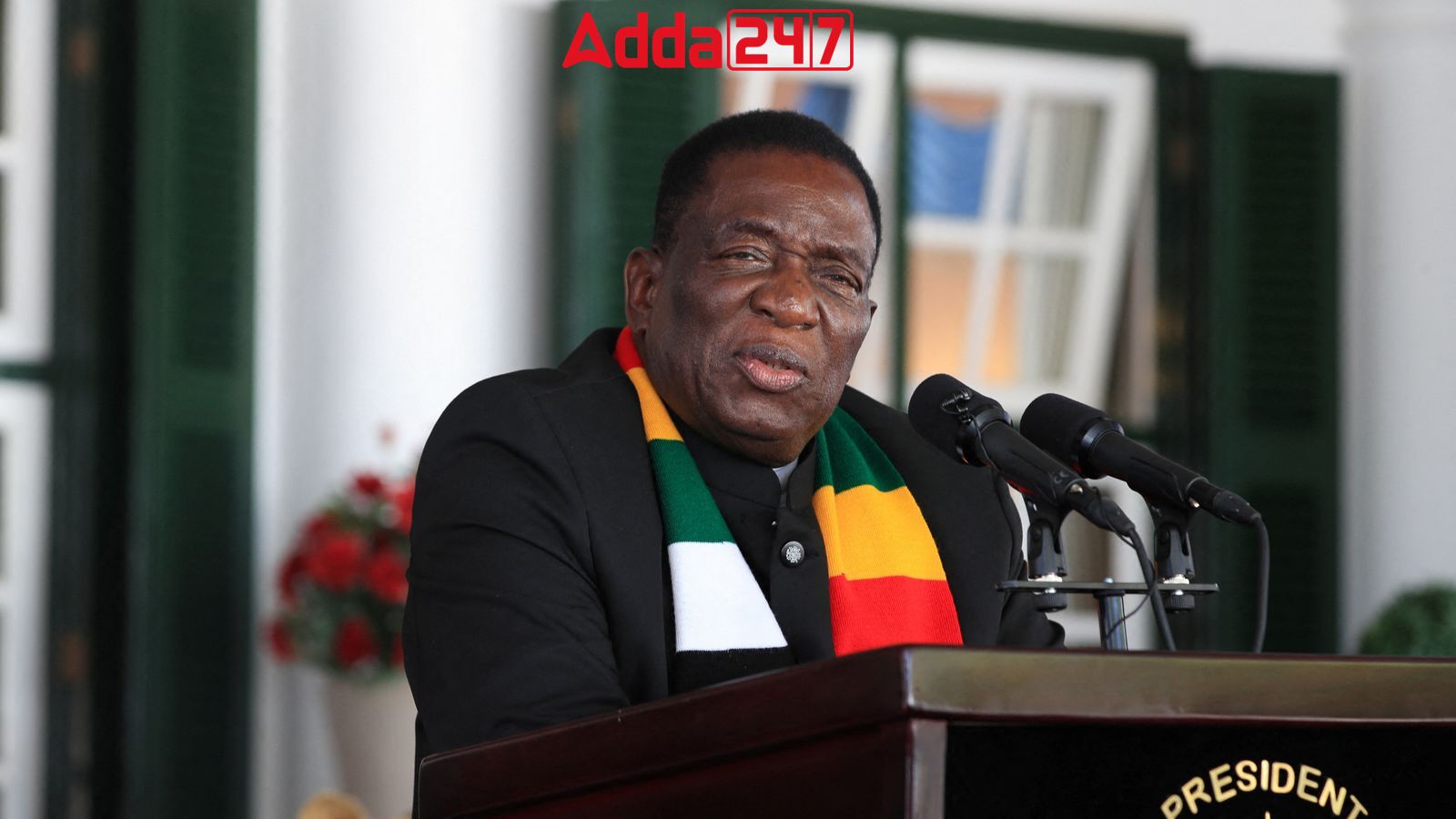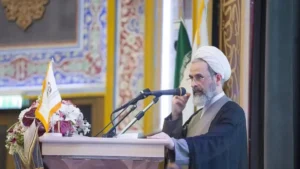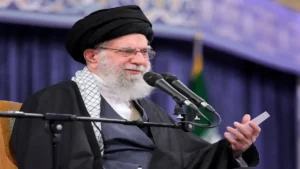Zimbabwe, along with Zambia and Malawi, has declared a state of disaster due to a severe drought sweeping across southern Africa. President Emmerson Mnangagwa cited an “El Nino-induced drought” causing below-normal rainfall, affecting over 80% of the country. This drought, exacerbated by climate change, has led to dire food shortages and humanitarian crises across the region.
President’s Declaration and Call for Aid
President Mnangagwa made the emergency declaration, emphasizing the need for $2 billion in humanitarian aid to address the crisis. He stressed the urgency of securing food for all Zimbabweans, with approximately 2.7 million people at risk of hunger. The government appeals to UN agencies, local businesses, and faith organizations to contribute to humanitarian assistance efforts.
Impact on Population and Response Efforts
Millions of people in Zimbabwe, Malawi, and Zambia are in need of food assistance due to devastated harvests. With more than 60% of Zimbabwe’s population residing in rural areas, where they grow their food, the situation is dire. The UN’s World Food Programme has initiated a food assistance program, but aid may not reach all vulnerable populations.
Regional Crisis and Future Projections
The United States Agency for International Development (USAID) estimates that 20 million people in southern Africa require food relief, with needs extending into early 2025. Areas of highest concern include Zimbabwe, southern Malawi, parts of Mozambique, and southern Madagascar. The impact of El Nino is expected to prolong the crisis, highlighting the necessity of sustained international support and intervention.




 Iran Names Ayatollah Alireza Arafi as Te...
Iran Names Ayatollah Alireza Arafi as Te...
 Iran’s Supreme Leader Ayatollah Ali Kham...
Iran’s Supreme Leader Ayatollah Ali Kham...
 UAE Launches World’s First Sovereign Fin...
UAE Launches World’s First Sovereign Fin...








